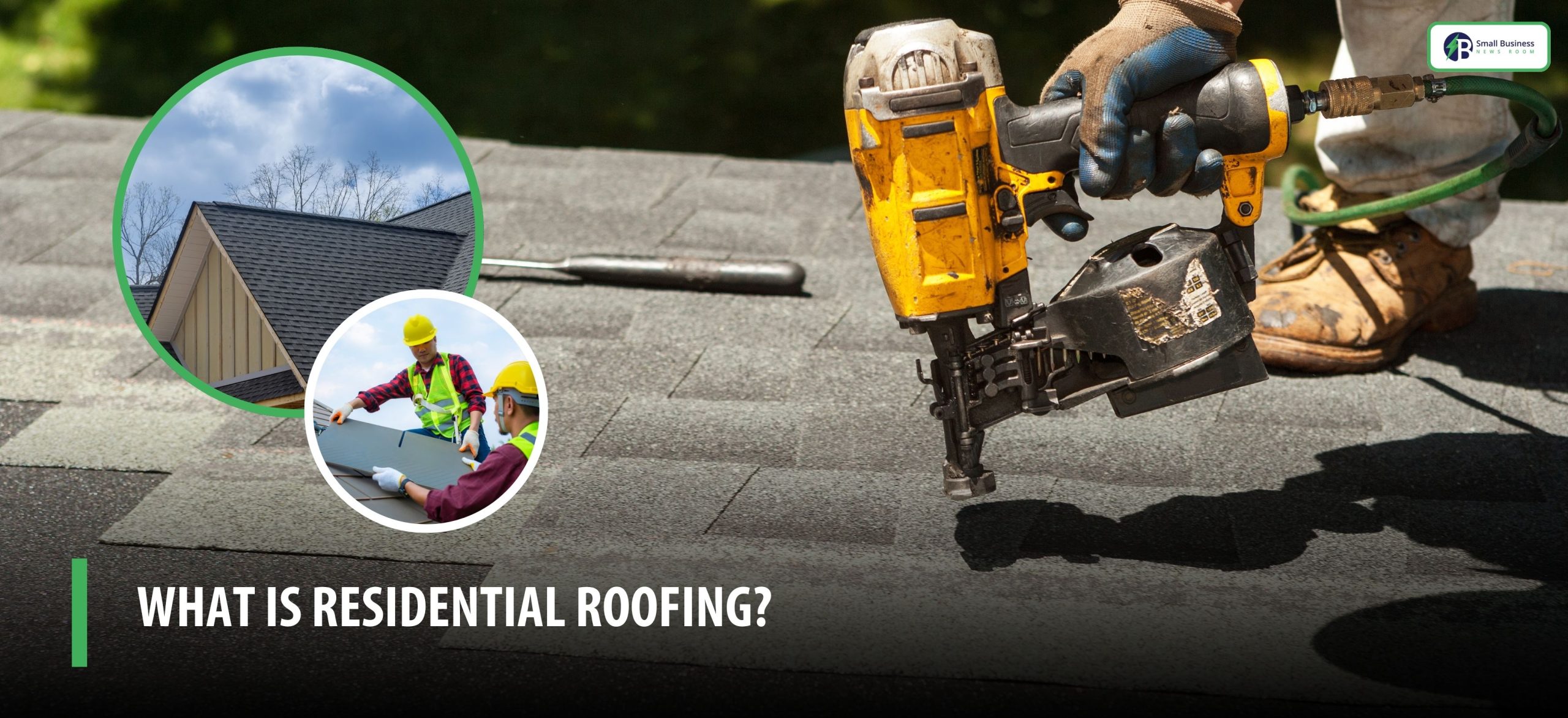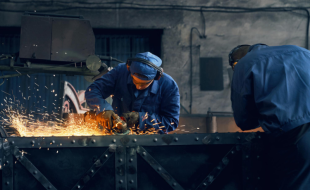Table Of Contents
What Is Residential Roofing? Commercial Roofing Vs Residential Roofing
Here’s the kicker! Whether it is a residential or commercial roof, your roof is a significant investment that you should never compromise on.
The concepts may seem straightforward, but your decision about your home and its roof can have a lasting impact on three key areas: safety, energy efficiency, and property value.
So, choosing the right roofing solution is far more than just a choice; it is a long-term investment. Are you planning to buy a home, or are you planning to renovate the one that you currently own? Then you have asked yourself, ‘What is residential roofing?’.
In this blog, I will help you understand what residential roofing is and how it differs from commercial roofing. So, the next time someone asks you the same question, you can answer them confidently.
What Is Residential Roofing?
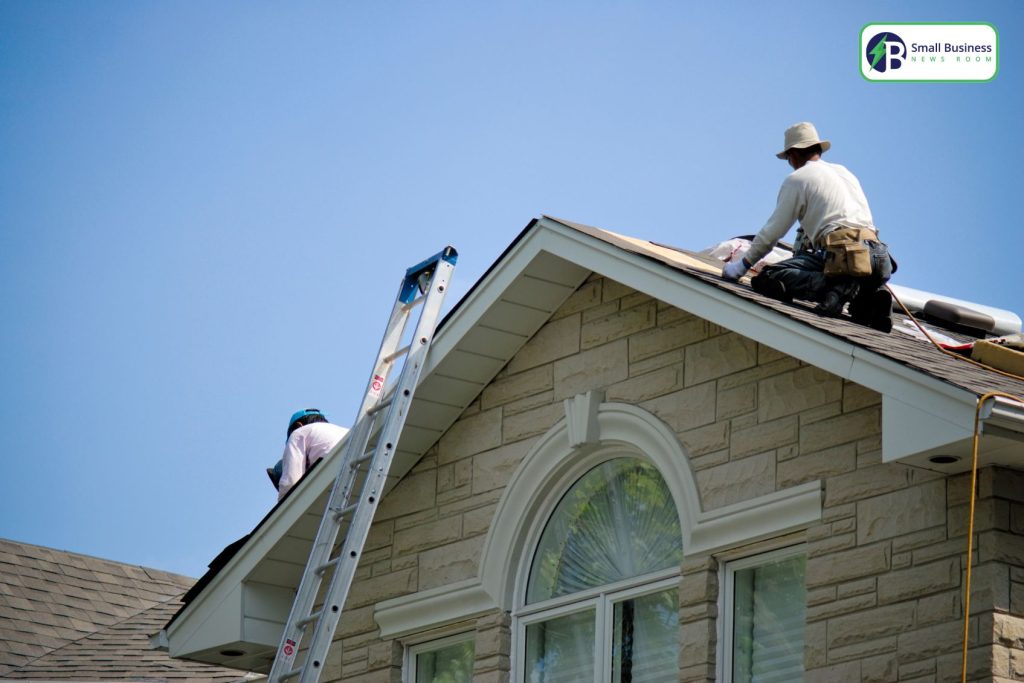
Alright, let’s start with the elephant in the room: what is residential roofing?
The term residential roofing is all about three major parts:
- Building the roof of your home,
- Fixing it when it is required
- Replacing it whenever it deteriorates,
The roof plays a huge role in your house. It keeps you safe from the scorching heat, snow, rain, and all the other stuff that nature throws your way!
Residential roofing is quite different from commercial roofing. It is specifically designed with homes in mind, whether it is a cozy single-family house, a duplex, or even a small apartment.
If you see any roofers or roofing companies like the Cleveland roofing company near a house with shingles, tiles, or metal sheets, chances are that you are looking at residential roofing in action.
Key Characteristics of Residential Roofing
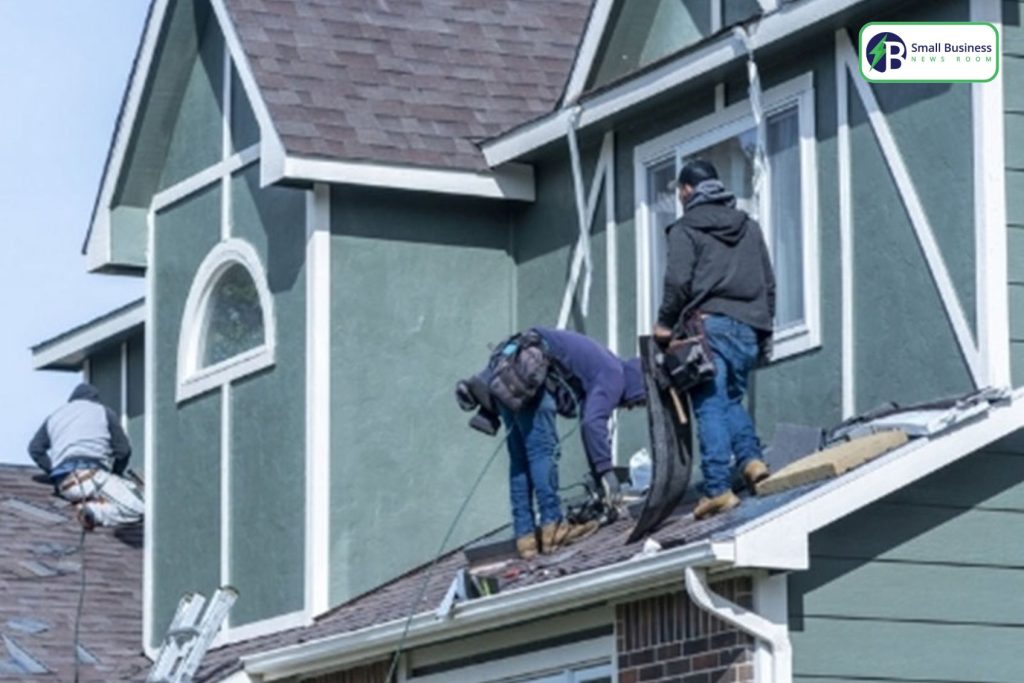
The residential roofing can be easily determined with the help of three specific characteristics:
- Roof design and slope,
- Project scale and its complexity,
- Material selection.
These traits can help differentiate the roofing from the large-scale commercial roofing. Let’s take a look at the residential roofing characteristics in detail:
Roof Design And Slope
The residential roofs are more steeply pitched when it comes to the roof design. This helps to achieve a very functional shape, which serves several purposes:
It Facilitates Drainage: The residential roofs often have this steep angle, which makes it efficient to shed rainwater, snow, and debris. This way, it can help prevent pooling, which can further lead to leaks and water damage.
It Enables Attic Space: On the other hand, the pitched structure in design also helps to create a usable attic or loft space. You can utilize this space for better storage, ventilation, and insulation. The structure also enables you to enhance your home’s energy efficiency.
Scale And Complexity
When it comes to scale and complexity, residential roofing is smaller than commercial roofing.
Smaller Area: The main scope is to stay focused on both single-family homes and residences, instead of the vast commercial buildings.
Shorter Timeline: Since the size and scope are small, it typically requires shorter timelines and smaller installation crews.
Material Selection
Now, here comes the most important part: the selection of the materials. The material does not mean it has to be about functionality. A good material selection also helps to keep a balance between good aesthetics and costs.
Aesthetic-driven Choices: The Homeowners often prioritize visual appeal to match their home’s architectural style. This can further help to enhance its curb appeal.
Affordability: If budget is your primary consideration, you can choose a material that makes the process cost-effective. For example, asphalt shingles are a popular choice for homeowners.
Ease of Installation: Materials that are easier and quicker to install. Thus, it can reduce both labor costs and project duration.
What Is Commercial Roofing?
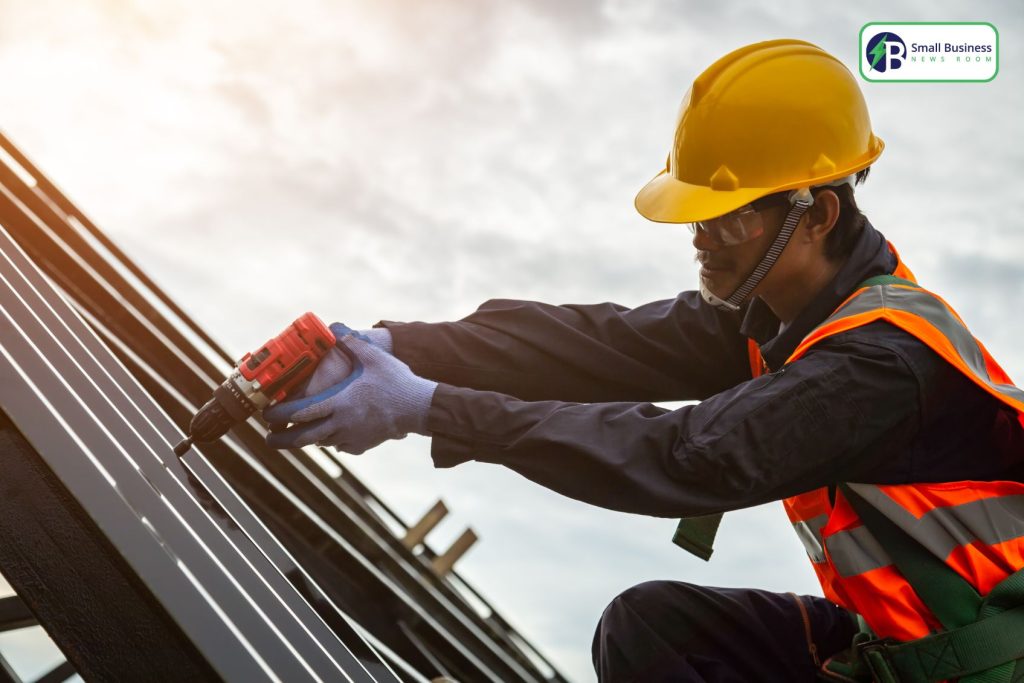
Now that we have defined what residential roofing entails, let’s examine the other side of the coin: commercial roofing.
Simply put, commercial roofing involves the installation and maintenance of roofs found on large-scale buildings. This can be the office towers, shopping centers, schools, warehouses, and factories.
Residential roofing is quite different from commercial roofing. These roofing styles and projects are significantly larger and more complex.
And the main part? The entire roofing system is completely different than the usual ones.
Here are some quick points about commercial roofing:
Bigger Surface Area: The commercial roofing often covers massive spaces. They can be flat and low-sloped. This depends on the requirement.
Complex Logistics: The bigger the buildings are, the more complicated it is going to be to install the roof. So, the roofers often require cranes, large crews, and detailed project management.
Longer Project Cycles: The commercial roofing timeline is a bit longer. It can take weeks or even months to complete, based on the size of the building.
So, if residential roofing is a cozy project, commercial roofing is like a full-blown construction marathon.
Comparative Analysis: Residential vs Commercial Roofing
Now let’s put them side by side and really see how they’re different.
| Factor | Residential Roofing | Commercial Roofing |
| Roof Slope & Design | These roofing techniques are usually pitched and steep. It is best for drainage and attic space. | These are often flat and low-sloped. Thus, it becomes easier to install equipment like HVAC. |
| Materials | These materials are chosen for both look and cost. The common materials are Asphalt shingles, wood shakes, clay tiles, and metal roofing | These materials are mostly designed for better durability and performance on a large scale. The types are: TPO (thermoplastic polyolefin), EPDM (rubber roofing), PVC, modified bitumen, or built-up roofing |
| Scale of Work | Smaller, simpler, and faster projects with smaller crews | Large, complex projects require detailed planning and heavy machinery. |
| Maintenance & Repair | As a homeowner, you only need occasional maintenance. | This roofing requires regular inspections and more preventive maintenance to avoid the massive costs of fixing it. |
| Skillset & Safety | The residential roofing projects are less hazardous. However, the roofers require skill and safety gear. | The crew requires special training and certifications for better roofing. |
So, Which One Matters More?
Here’s the simple truth: residential roofing and commercial roofing are equally important! Without a strong residential roofing system, you wouldn’t be able to protect your home from all the elements.
Similarly, without a reliable commercial roofing system, your business and employees wouldn’t have the space to function properly.
They serve different purposes, but ultimately, both are about keeping people safe, comfortable, and sheltered.
Read Also:






